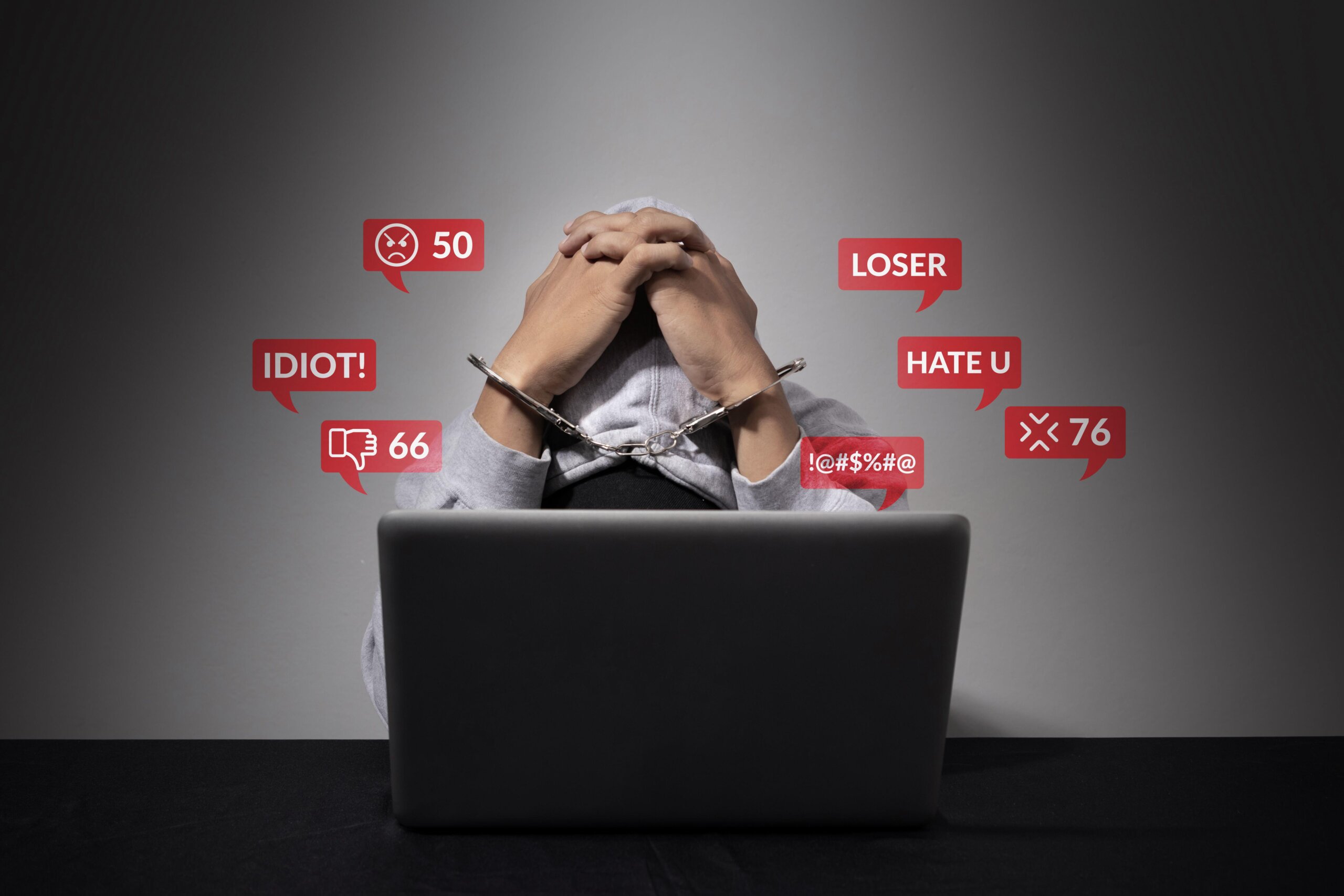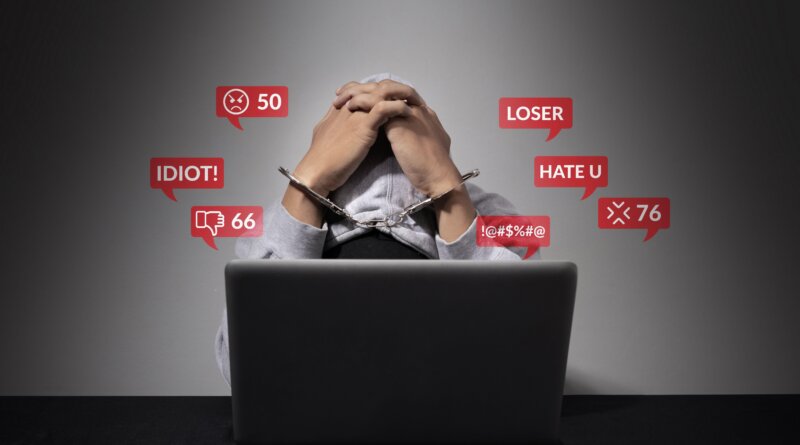Online abuse in Football – A Sports Psychologist’s view on how you can deal with the problem
Social media has become an intertwined part of not just football, but in regular life as well. It has many great benefits, whether it be its connectivity with family and friends, as a news source or as a way to share content with other like-minded people.

In football’s case, social media undoubtedly has its many positives in the way it allows clubs and players to connect with their fanbases, as well as being used as a vehicle to create a stronger brand and marketing sense by posting advertisements for tickets, merchandise and collaborations with other companies.
However, in recent times social media abuse has become more prevalent – with statistics showing an increase in footballers being targeted online since 2019.

I spoke with Simon Jakab, a non-league footballer who also has a background in psychology, about the impacts of online abuse on footballers:
“I’d say it depends on the level [of abuse], so, I believe if you’re talking about the Premier League footballers they will have sports psychologists with them, so they will probably be trained on how to ignore this , they might not even check the comments that much but when we talk about lower levels or other sports that aren’t as popular and people are checking posts and comments, it can have quite a significant impact on the pitch, during a game or training session because let’s say you misplace a pass and the first thing that comes to mind is ‘Yeah, they’re right, I’m not good enough to be at this level, they’re right I shouldn’t be starting’”.

The pie-chart above shows data from the first five months of the 2020/21 Premier League season, which compiled the number of tweets directed at footballers and broke down what sort of nature they were.
Whilst just 3.5% of the tweets were classed as abusive, that still equates to roughly 60,000 messages that contained abusive content directed at professional footballers. And now that we have discussed the number of abusive messages that footballers experience, we must further look into what impact it can leave on them.
A recent study from the Professional Footballer’s Association (PFA) showed that 73% of players reported increased pressure due to online scrutiny that they had faced, which in turn lead to 45% of footballers playing more cautiously than normal because of backlash that they have received online.
I spoke with Simon to get insight into what methods footballers can use to reassure themselves on the pitch, to ensure that online trolls do not get the best of them and impact their performances on the pitch.
“You’re on the pitch because you’re good enough to play, just because you make a mistake that doesn’t mean you’re not now good enough to play, I think it is different when someone is on the bench or left out of the squad, but when you’re on the pitch and your confidence goes a bit, you just need to think ‘I am here for a reason, and I am playing for a reason.”
Help from professional psychologists within football clubs was previously an uncommon field – this perhaps was due to attitudes towards mental health at the time, which was historically a taboo subject particularly in the mens game.
However, sports psychology seems to be a growing field in the modern era of football, which I asked Simon about whether he believes that there are enough support systems in place for players should they need help:
“I think it is growing, I think there us more opportunities available – what I would also say is that not everybody is open to it.
“I had the chance to go in at Sunderland, I spoke to some of the players and some of the staff and I brought up this topic. I was asking them about sports psychology and what they thought of it.
“And what I was told is there is a psychologist available, although at Sunderland they only had one part-time psychologist, which was interesting to me, because, Championship team – how can they not have a full-time psychologist? With academy lads in there and everything.”
I also spoke with Tarik Kaidi, from Minds United Football Club – an organisation that promotes mental health wellbeing through inclusive activities, education and sports development.
I asked Tarik about what you should do to lessen the impact of online abuse should it come your way:
“Either not spending as much time on social media, like I said before not looking at the comments and just not following certain people and keeping their pages private.”
Whilst this is effective at lower levels of football, if you are a Premier League player for example, being able to escape from this will prove to be difficult given the scale of following they can attract. Harry Maguire for example was somebody who faced a large-scale amount of criticism whilst playing for Manchester United – I asked Simon what somebody in that sort of position could do to protect themselves from online abuse:
“I think it’s very difficult, the only thing he can do, off the pitch is, he shouldn’t be reading comments, so I said I would be reading comments but as a player at that calibre, as a Manchester United captain, England captain sometimes, can’t be reading comments.”




